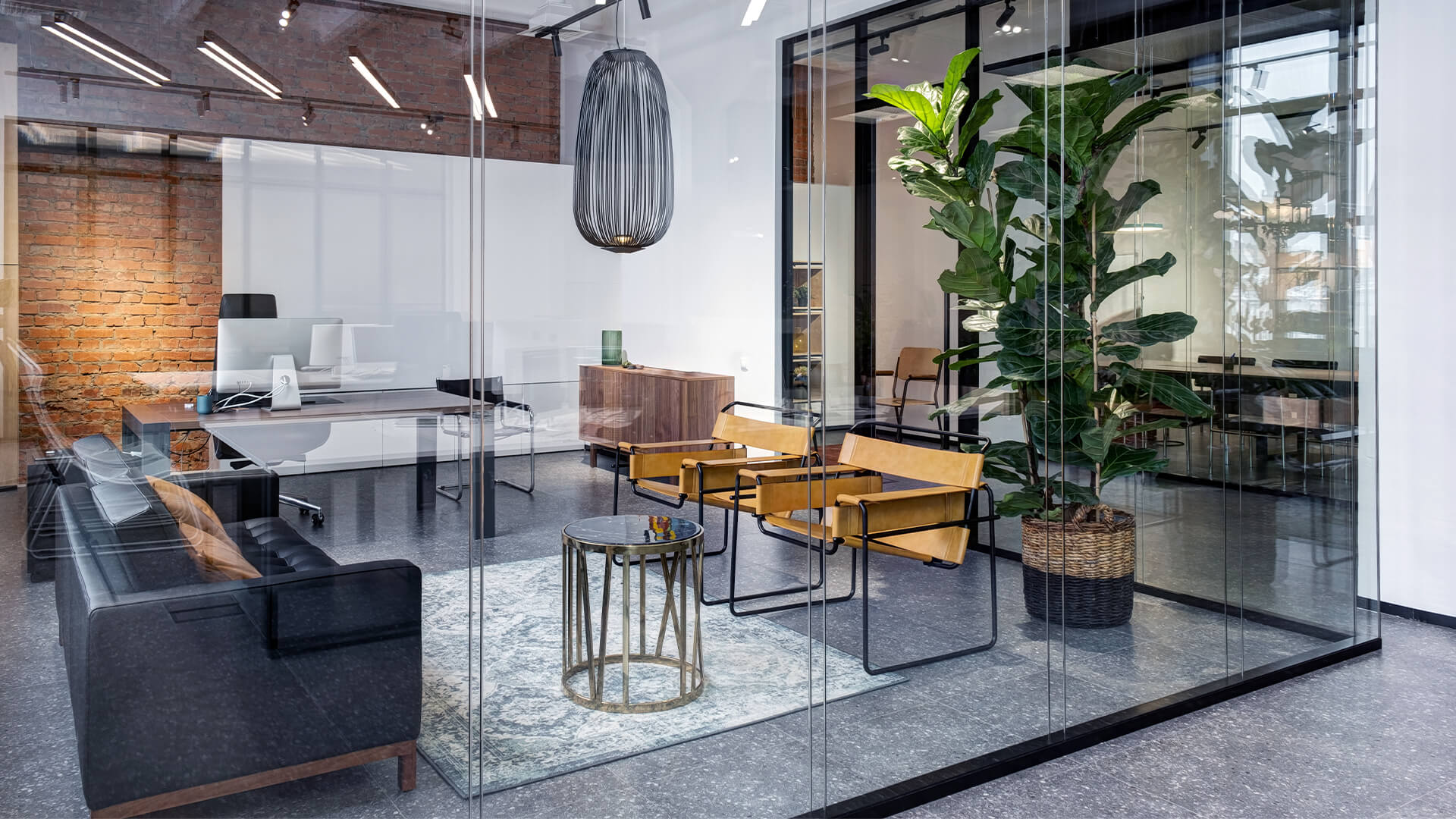Redesign your Office as a ‘Third Place’
By Jeff Dewing CEO of Cloudfm
As a young lad I was fortunate enough to always feel a sense of community and belonging everywhere I went, whether this was seeing my local neighbour at the youth centre or my parents’ friends at the library, there were communal spaces available.
Unfortunately, due to austerity and budget cuts, physical community spaces have been lost and digital communities have taken precedence. Nevertheless, physical spaces will always be necessary, as preserving communities can improve people’s lives.
Given only 21% of employees are engaged at work and the increasing levels of stress among staff, I decided to revamp my office space into a collaborative hub that could be used whenever necessary by my team. I think that business leaders have a responsibility to rebuild community hubs where they can, and this is why:
We are losing our ‘third places’
Through the years, I’ve witnessed the steady deterioration of the so-called ‘third places.’ These are spaces where people go to unwind, different from their homes (referred to as first places) or their workplaces (second places). Third places provide a space to connect with the local community, often at no personal cost.
The defunding of places like youth centres by the government has had a damaging effect on our communities and we shouldn’t underestimate its repercussions. With the rising cost of living and the ongoing aftershocks of the pandemic, employee well-being is being put to the test. This is not only a moral issue but a financial one as well, with low engagement costing the global economy a staggering $7.8 trillion.
Business leaders have an opportunity and a duty to make a genuine difference in employee wellbeing. In my experience, redesigning my office space with emotional well-being and collaboration in mind has delivered excellent results and is something all business leaders should consider.
It’s time to rethink our office spaces
Not only do physical community hubs provide a dedicated space for employees to collaborate, but they also provide a place for employees to take a break from work and interact with their peers in a more relaxed setting. This can help to reduce stress levels and create a positive work environment.
Additionally, physical community hubs can help to build a sense of belonging and connection among employees. This can lead to greater involvement and engagement, resulting in improved productivity and higher morale.
The design of an office space varies depending on the type of business it is used for. It’s essential to consider the specific needs of your industry when designing the layout. Nevertheless, there are some key elements that should be taken into account regardless of the business.
With hybrid working becoming the new standard, it has become more vital than ever to foster meaningful interactions between colleagues. To do this, offices should be redesigned with the intention of promoting collaboration and communication. They should have comfortable areas with couches, TVs and refreshments such as tea and coffee. Additionally, it should be a place where employees can make memories and have fun that cannot be replicated working from home. This could include activities like darts, Xbox gaming and karaoke nights, which can provide a break from the day-to-day and help to ease the financial strain of socialising in the current cost of living crisis.
Opening the office 24/7 to our staff has been hugely beneficial. We’ve used it for after-work events and even for a weekend daycare for coffee catchups. Our team is more connected than ever and we have re-energized a feeling of togetherness in the area. Kids who would not have been able to meet each other are getting together on weekends and my staff can meet their colleagues’ friends when appropriate. I urge other business leaders to think of your office as a third place for your team.

Stay updated with our latest publications.
Discover Issues
See how we can help you grow in the online space!
Advertise With Us
We can help promote your business.
Find Out More



